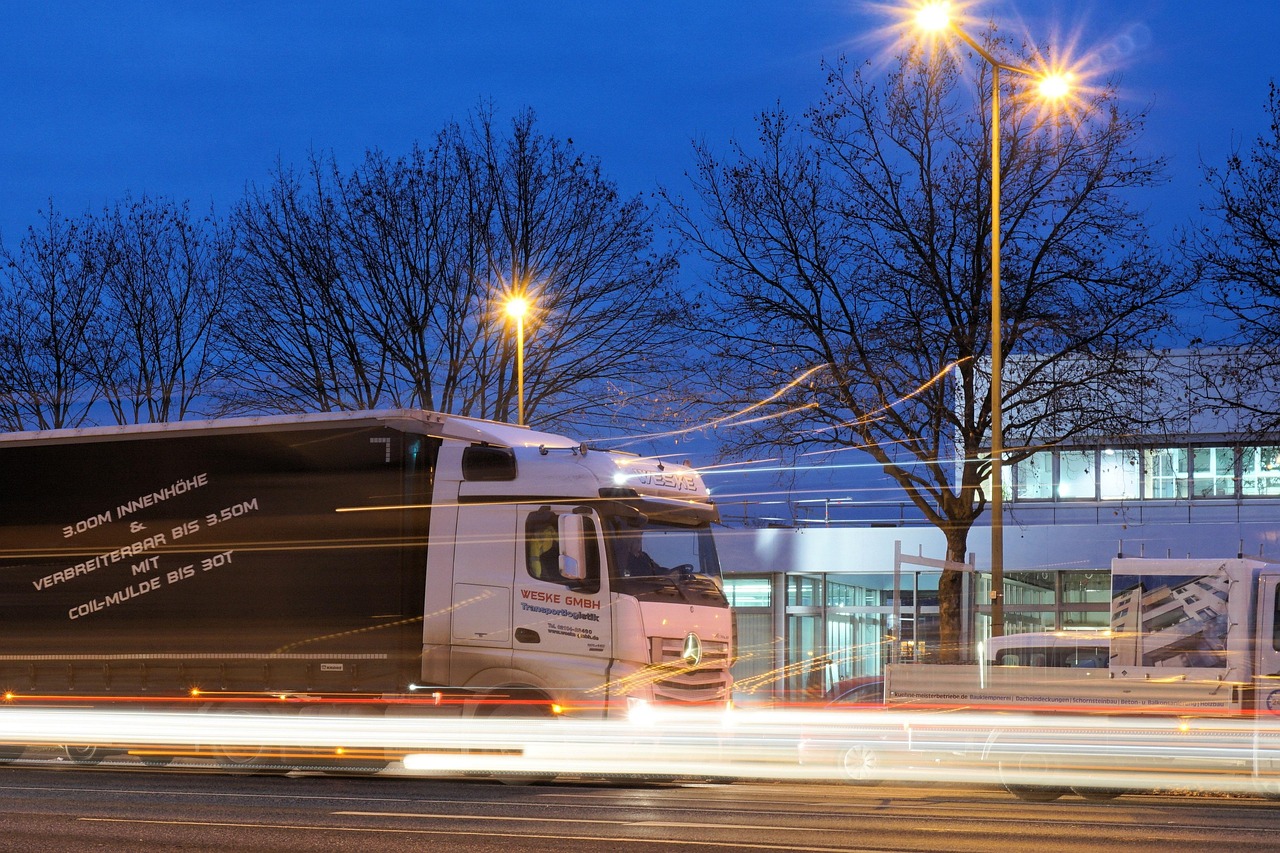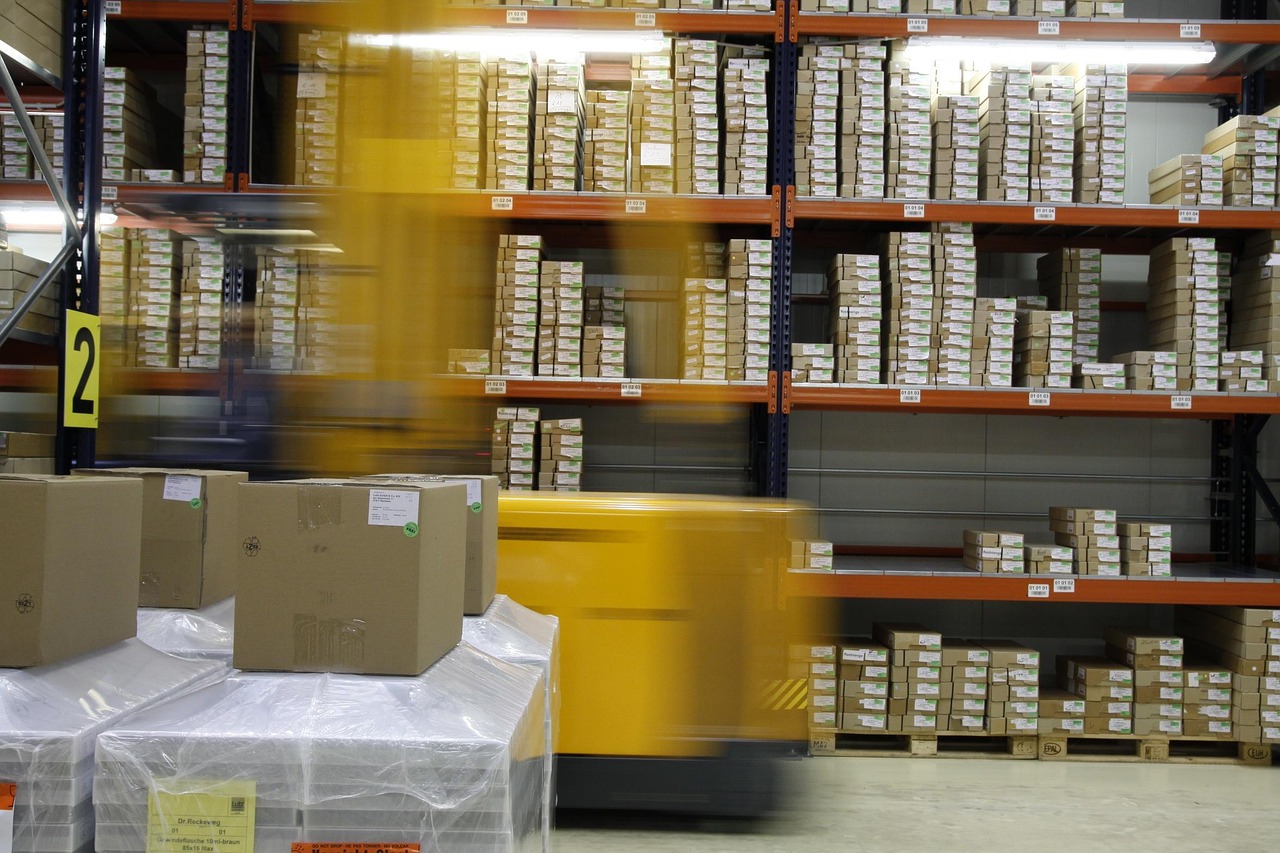The success of an eCommerce depends on several factors, and fulfillment is one of them. We'll tell you why and everything you need to know about it.
Why is it so important for an eCommerce to know what fulfillment is and what is it for? Simple: understanding this concept is the first step in working on logistics that guarantees the arrival of orders in the hands of customers.
As online sales grow, brands must offer experiences that convince people to keep buying their products, since a single mistake can be enough to make them choose the competition.
If you have an online store and are interested in delving into the topic, read the following paragraphs, as we will delve into the characteristics of fulfillment and we will also share actions that you can implement right away in your business so that no shipment is delayed.
What is fulfillment?
Fulfillment, or compliance, refers to the entire process that takes place for an eCommerce to deliver the products they purchased to customers, and in which both the speed and the quality of the service are highly valued attributes in the market, becoming a differentiator.
It was introduced by the giant Amazon as part of its search for innovative logistics solutions, and today, it enjoys greater popularity in Latin America and the world as a successful strategy to bring products closer to the final consumer and speed up the fulfillment of online orders.
In fact, there is also the possibility for a digital marketer to delegate all logistics-related tasks to specialized companies, whose infrastructure makes it feasible for fulfillment to be successful from start to finish.
Why is fulfillment important in eCommerce?
Imagine that you buy a product online and, besides the fact that it doesn't arrive on the right day, you don't know where it is or when it will arrive. Surely it has ever happened to all of us. What feeling did it make you? The same thing can happen to your eCommerce customers if you don't keep your delivery promise.
More than 50% of online users consider shipping speed as one of the decisive factors in their purchase decision, while almost 40% will never buy again at a store with which they had a bad delivery experience.
Loyalty is one of the priorities for any business, and in the e-commerce sector, the order experience helps to generate a positive consumer perception and to increase the repurchase rate.
What processes does fulfillment include?
When an online business doesn't have what it takes for its fulfillment to be efficient, the best decision you can make is to rely on a logistics partner to help you carry out each stage without complications. What are those phases? Below, we explain them to you:
- Order Generation
Once the customer finishes paying for the product and the order is generated, the company that is an expert in fulfillment enters, as the time you defined in your delivery promise begins to run. Your job is to keep track of the inventory, to know how many pieces you have and in which warehouse in real time so that the shipment is carried out in a timely manner,
- Order processing
After the order is received, the product is taken out of the warehouse and prepared to go on the road. This link in the chain plays a decisive role; however, whether it works out well depends on the absence of assortment errors and on the speed with which it can begin to be transported to the customer's destination.
- Shipment
When the order has been processed and dispatched with the messager/parcel, the last-mile phase begins, whose objective is for the user to receive their purchase, and at all times, fulfillment companies provide full traceability to the end customer and the seller about the status of the order.
- Customer Service
At the end of the sale, it is mandatory to offer an excellent after-sales service, in which doubts and people's needs are addressed, a highly valued factor that customers take into account in future purchases.
- Returns
Dissatisfied customers or certain conditions mean that returns can occur in any of the sales, but the important thing is to find the best way to deal with them from fulfillment, generating the least possible impact on the business.
The following graph shows each of the steps contemplated by the process addressed:

In summary, as we already mentioned, one of the advantages of outsourcing fulfillment is that it avoids the wear and tear, waste of time and investment required by the tasks and processes related to shipping products, so that brands can fully focus on brand positioning and sales generation.
Fulfillment models for eCommerce
Each eCommerce is different, both in its sales volume and in its growth projection and internal administration; these aspects depend, to a large extent, on the type of fulfillment that best suits your needs and your logistics process. It can be implemented in three ways:
Internal Fulfillment (In-House)
eCommerce assumes all the functions of inventory storage, preparation and packaging of the order on its own, that is, without contracting fulfillment services. The last mile, depending on the case, can be internal or external with packages/messages.
It is a good alternative for those who don't yet have a high volume of orders, have the storage space for their stock, as well as the staff to efficiently manage the distribution. However, it requires an investment of time that could be implemented in making important decisions for the store.
Outsourced Fulfillment
It applies to those businesses that have grown and do not have the time or infrastructure to meet their high sales demand. Considering outsourcing to a specialist is the ideal option if your warehouse is no longer sufficient, if your store operations get out of control, or even if your systems no longer provide the expected performance.
In these cases, delegating warehousing, stock management in your inventory, and the distribution of shipments, can improve customer perception in the last stage of the buying process and keep your business evolving.
Hybrid Fulfillment
It is a formula that allows eCommerce to maintain, for example, the direct management of products with high turnover or require special treatment, and to delegate to the supplier the distribution of other items or more complex geographical areas.
During high-volume campaigns or peak seasons such as the Hot Sale or Buen Fin, hybrid fulfillment is an opportunity to absorb demand without the need to oversize your own infrastructure; in addition, it facilitates expansion to new markets.
To learn more about it, we invite you to read the post we did on the subject: Fulfillment models: Which one is best for your e-commerce?
Differences between fulfillment and traditional logistics
- Operational approach
Lifetime logistics is designed to supply physical points of sale by moving high volumes of products to warehouses or branches. It works well when looking for efficiency per batch or route.
Fulfillment, on the other hand, focuses on individual orders, requires more operational flexibility and coordination in real time: each request is treated as a single event: it is collected, packed, labeled and dispatched based on the customer's address, not on a standard route.
- Type of orders
In traditional logistics, orders are usually scheduled, with fixed destinations; on the other hand, fulfillment handles an enormous diversity of products, which requires an infrastructure capable of processing hundreds or thousands of different orders per day, each with its own destination, content and delivery times.
- Final Objective
Traditional logistics seeks to keep stock available at the point of sale. The purpose of fulfillment is to fulfill the promise made to the customer at the time of purchase in an agile and accurate manner.
- Technology and integration
While in traditional logistics, technology is only an internal control tool, in fulfillment it is essential, since it is used for activities such as synchronizing inventories, scheduling routes or unit tracking, automating order assignment and more, in order to provide complete visibility to the customer and the logistics operator in each phase.
- Customer Experience
In traditional logistics, the customer doesn't interact with the operation; they only see the final result if they go to the point of sale. In fulfillment, every last detail of the operation affects the user experience: from delivery times to the presentation of the package.
Advantages of outsourcing fulfillment in your online store
Fast shipping without losing sight of your stock
A specialized fulfillment provider operates systems that allow inventory and orders to be monitored on the spot, which shortens delivery times, minimizes preparation errors and improves the promise of fulfillment.
Ability to scale at peak demand
Peak seasons, launches and promotional campaigns can put a strain on internal operations; however, with a strategic ally, it is possible to save your team from collapsing or saturating warehouses, since it will take on the additional volume.
Fewer invisible expenses
At first glance, outsourcing seems more expensive, but when analyzing the total of the operation (physical space, personnel, software, packaging equipment, returns, insurance, losses), the numbers change. Fulfillment transforms fixed costs into variables and makes it possible to predict the cost per unit delivered with greater accuracy.
Logistics as a competitive advantage
Currently, the market is saturated and both delivery times and the after-sales experience can tip the balance, so if you decide to seek a professional fulfillment service, you can differentiate yourself from your competitors by ensuring faster deliveries, presentable packaging and simple return processes.
Focus on business growth
Your staff will be able to redirect energy to tasks such as product development, marketing, channel expansion or customer service, since the experienced logistics team will be making sure that the fulfillment strategies work perfectly.
Where is fulfillment going?
The global trend is outsourcing, and its positive results in terms of efficiency, quality of service and reduced operating costs, make it one of the #1 practices for conquering larger markets.
In Mexico, for example, the adoption of such services by eCommerce has grown gradually and it has been recorded that more than 40% of Mexican online stores outsource the storage service of their merchandise.
Also read: What are intelligent logistics solutions for e-commerce?
Focus on growing
Don't make your efforts in your sales channels overshadowed by a poor fulfillment process. Start by taking the time to evaluate these aspects:
- Size of your eCommerce
- Number of monthly orders
- Operational capacity
- Growth projection
- Location of your customers
- Preparation times
- Pick-up of the shipment
- Order delivery and product return management
- Percentage of errors during the process
This will allow you to have a clear picture of your company's areas of opportunity, highlight opportunities for improvement and determine if it's time to delegate your logistics operation. Remember: the more efficient you are in responding to orders, the more profitable the operation will be and the more satisfied your customers will be.
How can Cubbo help you with your fulfillment processes?
At Cubbo, we can be the ally in Mexico you are looking for for Rethink your fulfillment strategy. We work with an integration platform with multiple sales channels, including TikTok Shop, without the need for intermediaries such as Shopify, so that your fulfillment is fast.
We also have an infrastructure designed to handle high volumes of orders at peak demand and we have adapted services according to the needs of different industries. For example, for the fintech sector, we provide fulfillment solutions that accelerate card activation, with deliveries in less than two days and a 97% success rate.
For brands looking to expand in the Mexican market, Cubbo acts as an Importer and Merchant of Record (IOR and MOR), handling legal and fiscal aspects. In addition, we have a system that allows customers to request changes or returns from the eCommerce website; then, we take care of the returned products.
Get to know our numbers:
- Cubbo customers recorded an average savings of 21% in operating costs.
- 97.1% of the products received in our warehouse were processed in a system and were ready to be sold within 24 hours.
- We had 99.7% shipping compliance.
- We recorded an order preparation accuracy of 99.9875%, that is, 1 error for every 8,000 shipments.
- 60% of our deliveries in Mexico City were made the same day.
- We deliver nationwide in an average of 1.3 days.
If your online store operates in different regions, rely on solutions of Fulfillment in Mexico City it will allow you to maintain efficient control of your inventory, ensure fast deliveries and improve the customer experience in one of the areas with the highest concentration of orders in the country.
Now that you have a broader understanding of fulfillment, you have to review the logistics of your online store and enhance it with a fulfillment that is up to the task, but you shouldn't do it alone: Cubbo will accompany you. Don't hesitate to contact us!








